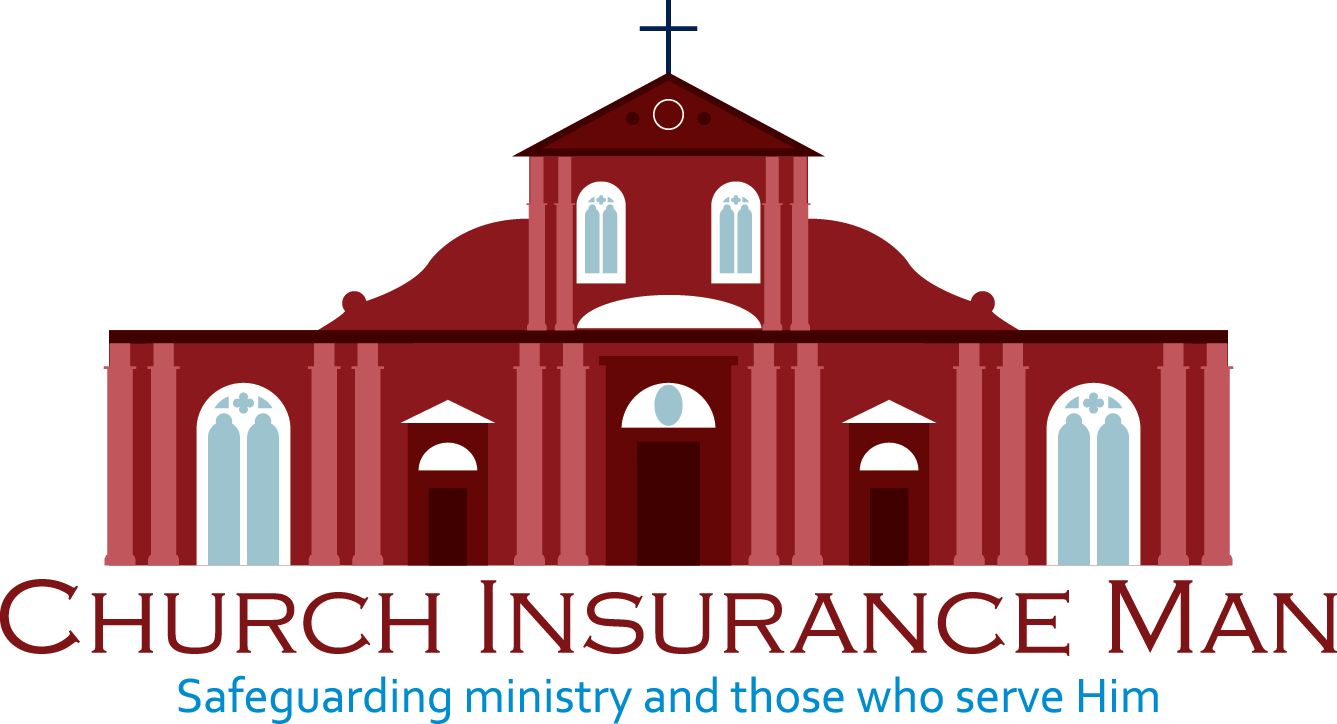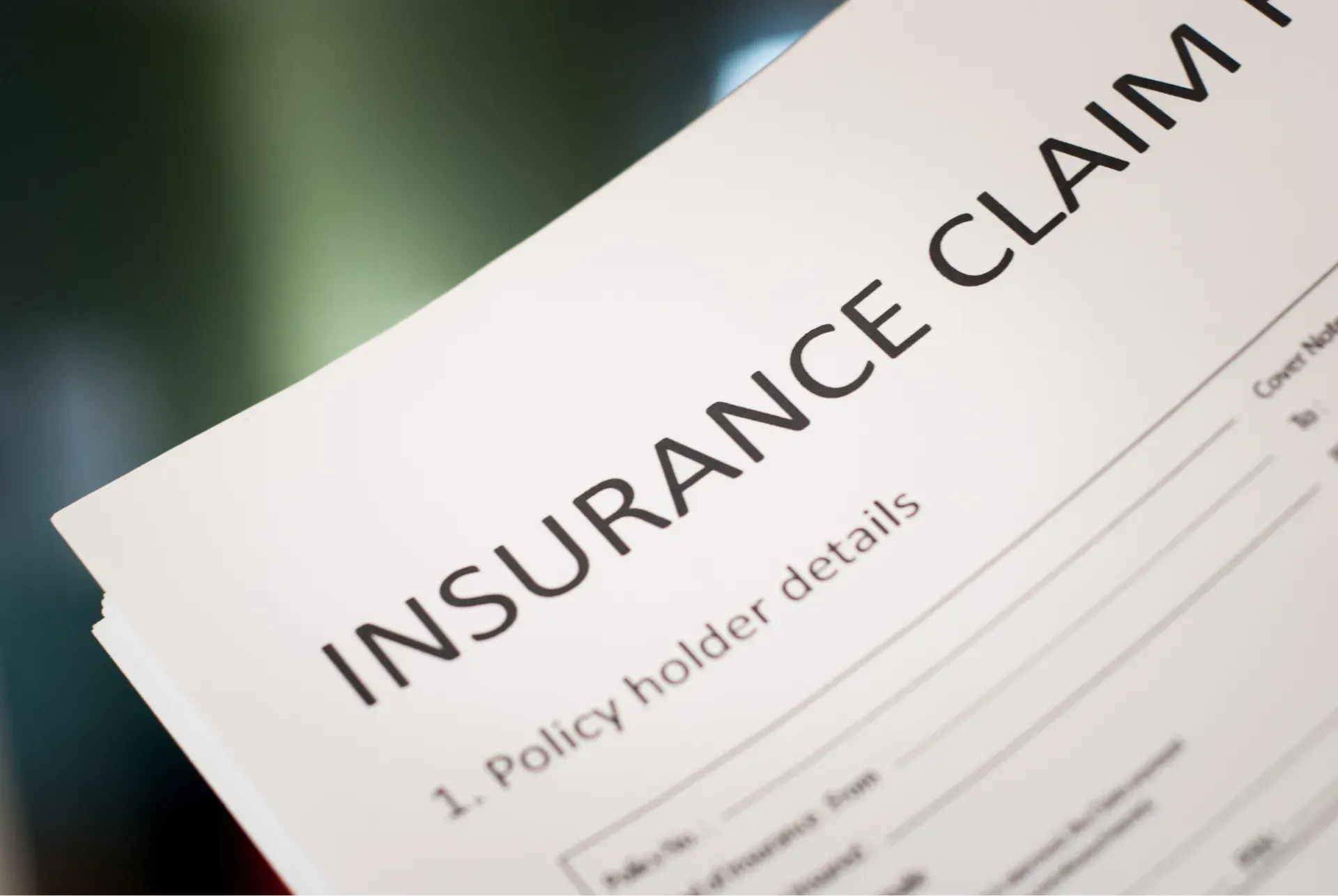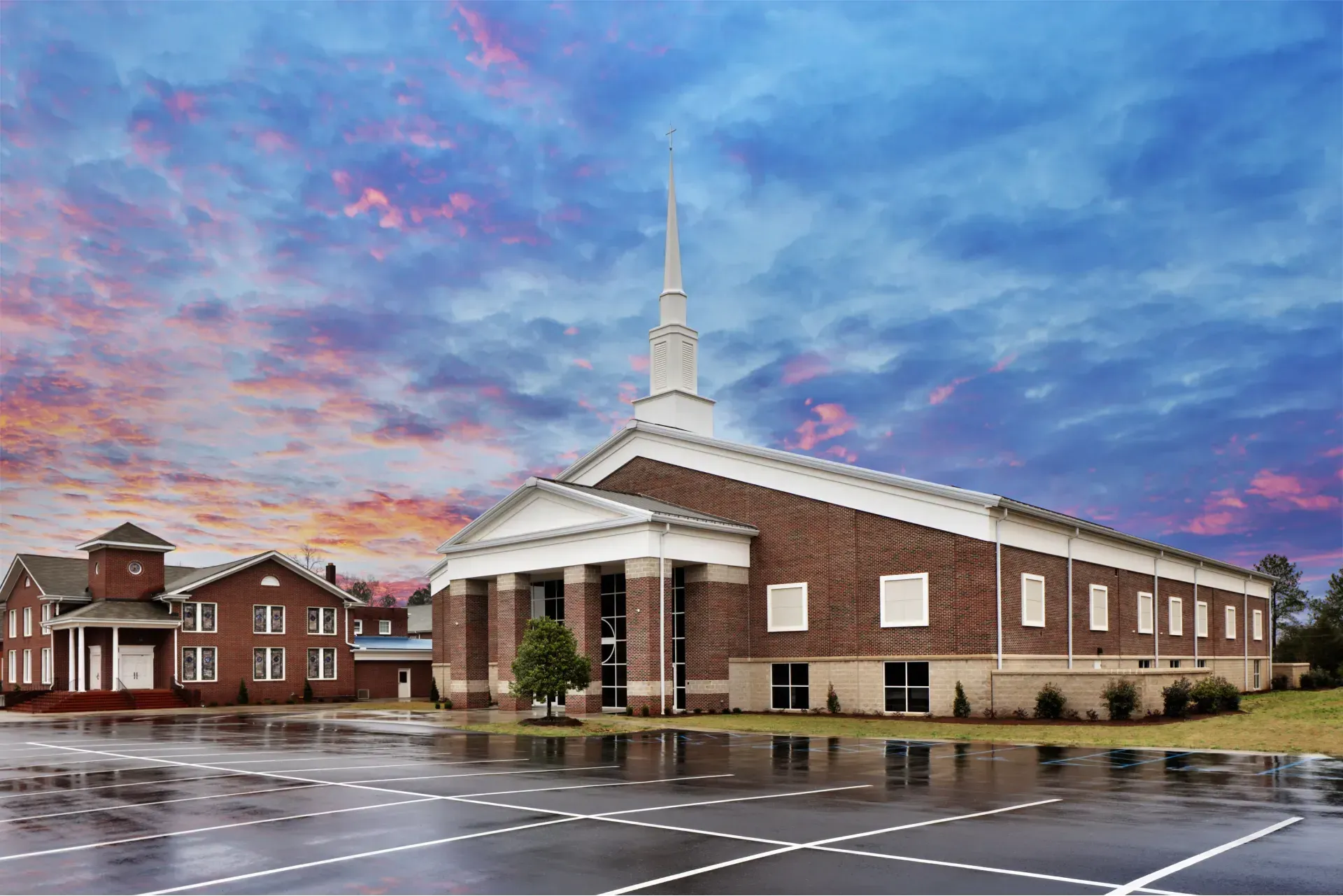Cybersecurity and Faith: Church Insurance for the Digital Age
Cyber Insurance Coverage for Churches in Digital Age
In our increasingly digitized world, churches have embraced modern technology to aid in delivering their message, connect with their congregations, and manage the daily operations of their ministry. From maintaining websites and social media accounts to storing sensitive congregation data and utilizing online solutions for financial management, embracing the digital landscape has become a necessity for today's church. However, with these advancements comes a new set of vulnerabilities and risks. The growing reliance on technology has exposed churches to the possibility of cyber threats, such as hacking, data breaches, and ransomware attacks.
It is of utmost importance for churches to recognize and address these cyber risks, ensuring the safety and security of their information, assets, and their congregation's trust. Effective cybersecurity measures, coupled with comprehensive cyber insurance coverage, are essential components of a modern and responsible ministry. In this blog post, we will examine the various cyber threats that churches may face, explore the importance of obtaining cyber insurance to protect your church's digital assets, and discuss best practices for implementing robust cybersecurity measures tailored to your ministry's unique needs and circumstances.
The digital age brings forth immense opportunities to share your faith, engage your congregation, and streamline the administration of your ministry. However, it is crucial to be aware of the potential risks associated with increased reliance on technology. Your church's digital resources and sensitive information are valuable assets that must be protected from cyber threats. By understanding the importance of cyber insurance, implementing robust cybersecurity measures, and partnering with experienced church insurance specialists, you can demonstrate your ministry's commitment to safeguarding your congregation's trust, while effectively navigating the digital landscape.
In the following blog segments, we will delve into:
1. The evolving landscape of cyber threats and their impact on churches
2. The role of cyber insurance in protecting your ministry's digital assets
3. Key considerations for selecting and customizing cyber insurance coverage
4. Best practices and tools for implementing effective cybersecurity measures within your church
The Evolving Landscape of Cyber Threats and Their Impact on Churches
As digital technology continues to play a significant role in the everyday activities of churches, the potential cybersecurity risks and their impact have become more apparent:
A. Data Breaches:
Unauthorized access to your church's database can expose the personal information of your congregation members, staff, and volunteers, leading to identity theft, financial loss, and breach of trust.
B. Ransomware Attacks:
Cybercriminals may encrypt your church's digital assets or restrict access, demanding a ransom to regain control, causing financial damage, and disrupting your ministry's operations.
C. Phishing and Social Engineering:
Scammers can target church staff and members through deceptive emails or messages, leading to unintentional sharing of sensitive information or unauthorized access to church accounts.
D. Website Vandalism:
Hackers may deface your church's website, negatively impacting your ministry's reputation and causing a loss of trust among your congregation and the community.
Understanding the potential impact of these threats is essential for taking appropriate protective measures and securing comprehensive cyber insurance coverage tailored to your church's needs.
The Role of Cyber Insurance in Protecting Your Ministry's Digital Assets
Cyber insurance policies offer crucial financial protection and support in the event of a cybersecurity incident, providing coverage for various aspects:
A. Notification and Crisis Management:
Cyber insurance can cover the expenses associated with implementing a crisis management plan, such as notifying affected individuals of the breach and providing credit monitoring services.
B. Data Restoration and Recovery:
In the event of a cyber attack that damages or destroys your ministry's digital infrastructure, cyber insurance can help cover the costs of restoring lost data and repairing affected systems.
C. Liability and Legal Defense:
Cyber insurance can protect your church from potential lawsuits resulting from cybersecurity breaches and cover the costs of legal defense and settlement expenses.
D. Business Interruption:
If your ministry's operations are disrupted due to a cyber attack, cyber insurance can provide coverage for lost income, helping maintain financial stability throughout the crisis.
Key Considerations for Selecting and Customizing Cyber Insurance Coverage
When evaluating and selecting a suitable cyber insurance policy for your church, keep several factors in mind:
A. Assess Your Ministry's Risks:
Conduct a thorough analysis of your church's digital assets and identify potential vulnerabilities, enabling you to customize your cyber insurance coverage according to the specific risks your organization faces.
B. Coverage Limits and Deductibles:
Evaluate the financial consequences of potential cyber incidents and determine the appropriate coverage limits for your policy. In addition, consider the deductible amounts your church can afford to pay before the policy applies.
C. Policy Extensions and Exclusions:
Carefully assess any policy extensions, such as coverage for third-party service providers, which can further enhance your cyber insurance protection. Also, be mindful of policy exclusions that may limit coverage, requiring additional policies or endorsements to address any gaps.
D. Claims Assistance and Risk Management:
Choose an insurance provider that offers comprehensive claims support, guidance in navigating cybersecurity incidents, and resources for implementing proactive risk management strategies.
Best Practices and Tools for Implementing Effective Cybersecurity Measures Within Your Church
In tandem with obtaining cyber insurance coverage, churches must prioritize robust cybersecurity measures to minimize their risk exposure:
A. Educate and Train Staff and Volunteers:
Regularly conduct cybersecurity training sessions for staff and volunteers, emphasizing the importance of maintaining strong passwords, identifying phishing emails, and using secure channels for transferring sensitive information.
B. Implement Access Controls and Authentication:
Restrict access to sensitive data and systems to authorized individuals only and utilize multi-factor authentication (MFA) to ensure user identities are verified before granting access.
C. Regularly Update and Patch Systems:
Keep your church's software, operating systems, and devices up-to-date with security patches to reduce vulnerabilities.
D. Utilize Encryption and Secure Backup:
Encrypt sensitive data, both in transit and at rest, and regularly back up your church's digital assets to secure, offsite locations or cloud storage services.
E. Incident Response Plan:
Develop a comprehensive incident response plan that addresses various scenarios, clearly defines roles and responsibilities, and includes procedures for containment, communication, and recovery.
Safeguarding Your Ministry's Digital Assets and Congregation's Trust
As churches continue to embrace technology, it has become increasingly important to recognize, address, and mitigate the potential cyber threats that come with it. By understanding the importance of securing comprehensive cyber insurance, implementing robust cybersecurity measures, and partnering with experienced church insurance specialists, your ministry can successfully navigate the digital landscape while preserving the trust and security of your congregation. With the right approach and protection, your church can confidently focus on its mission and the spiritual well-being of your community.
Ensure your church is well-prepared for the challenges of the digital age with Church Insurance Man. Contact us today for expert guidance on
church insurance options and proactive risk management strategies tailored to your ministry's needs.











